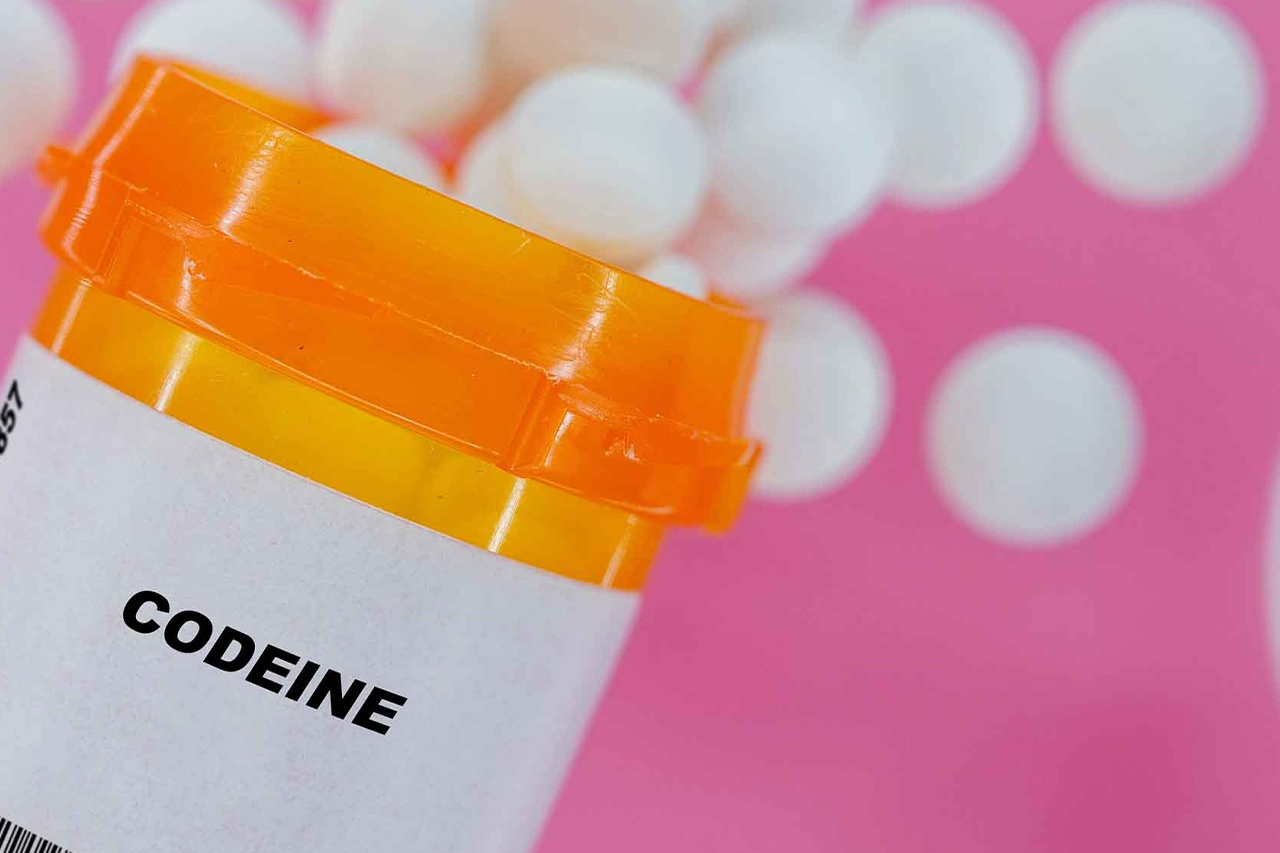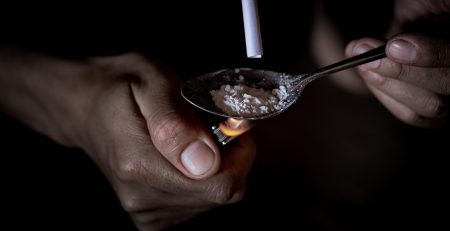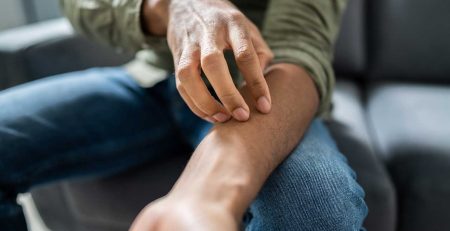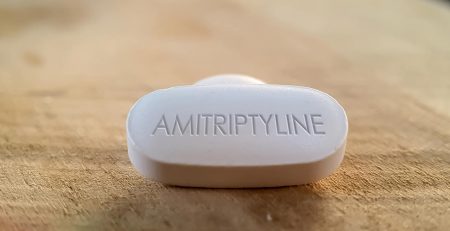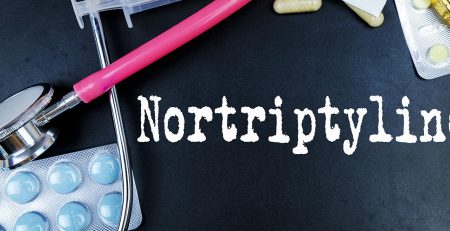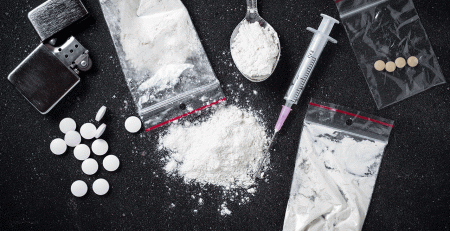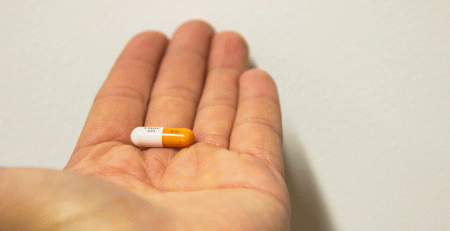Codeine is a prescription opioid (narcotic) that’s used to treat severe to chronic pain. However, opioids are known for their risks, including high potency. Their potency contributes to their high potential for physical dependence, addiction, and overdose. The unfortunate truth is that you can overdose on codeine, a very real risk for anyone. Anyone who’s taking opioid medications like codeine should be aware of the signs and symptoms of an overdose and what to do if it happens.
Can You Overdose on Codeine Pills?
Codeine is often combined with the over-the-counter pain reliever acetaminophen to treat mild to moderate pain. Acetaminophen is a class of medications called analgesics (pain relievers) and antipyretics (fever reducers). It works by changing the way the body senses pain while cooling it down.
When codeine is used to treat pain, it works by attaching to proteins called opioid receptors, which are located in the spinal cord, gut, and other areas of the body. When attached to these receptors, opioids block pain signaling from the body to the brain, alleviating the individual’s symptoms.
In addition to pain relief, opioids can have more serious impacts on the body. They also act as depressants on the central nervous system, reducing functions like respiration and heart rate. When taken in high doses, these symptoms can be amplified and become life-threatening. In other words, you can overdose on codeine.
Codeine Overdose Symptoms
Overdoses on opioids like codeine claimed over 14,000 lives in the U.S. in 2019 alone. Although it’s widely considered the weaker of opioids, codeine can still lead to overdose and death if misused.
A person can overdose on codeine if the person takes too much of the drug at once. Each dose of codeine lasts up to six hours, and in that time, the liver works to break down its structure to morphine.
From there, morphine then binds to mu-opioid receptors in the body to block pain signaling and provide relief. At the same time, codeine can reduce nerve activity, producing a sedative and relaxing effect on the body.
If a person takes too much of this drug at once or within a period, they may experience codeine overdose symptoms like:
- Bluish lips and fingernails
- Severe muscle weakness
- Cold and clammy skin
- Breathlessness or very shallow breathing
- Unconsciousness
- Extreme drowsiness
- Weakness or fatigue
- Small or pinpoint pupils
- Coma
- Weak pulse or low blood pressure
- Itching
- Pain in the stomach or intestines
- Slow heartbeat
- Slurring words
- Nausea
Respiratory depression (slow or shallow breathing) is usually the most life-threatening symptom of opioid overdose. It prevents an individual from receiving enough oxygen to the brain, which often results in coma and brain damage. If the person doesn’t receive medical attention in time, a lack of oxygen could also result in death.
If you notice the signs of a codeine overdose in someone, call 9-1-1 or seek medical attention immediately. Use naloxone, if available, as this medication is designed to temporarily reverse opioid overdose symptoms to grant an individual time to get medical help.
How Much Codeine Does It Take To Overdose?
The codeine overdose amount ranges from 6.6 to 13.9 mg/L. The risk of overdose varies depending on how long the person has been using the medication, as well. Patients who use codeine for long periods develop a tolerance over time, which can make it more difficult for them to overdose.
Overdose is also common among individuals who start using codeine or opioids again after a period of abstinence or following medically assisted detox. Individuals with opioid use disorders may receive detox to help them cope with withdrawal symptoms and drug cravings. Unfortunately, those who relapse are at risk of overdose because they no longer have a tolerance for them.
As we mentioned, if you notice any codeine overdose side effects, get medical help immediately. For those struggling with addiction who need more in-depth, long-term care, our Banyan Lake Worth rehab can help.
BHOPB offers various substance-specific detox programs, including opioid detox and addiction treatment. We can help you or a loved one recover from withdrawal symptoms and cravings in a safe, medical setting that offers them 24-hour care and support.
For more information about our addiction treatment in Lake Worth, call Behavioral Health of the Palm Beaches today at 561-220-3981.
Related Reading:


